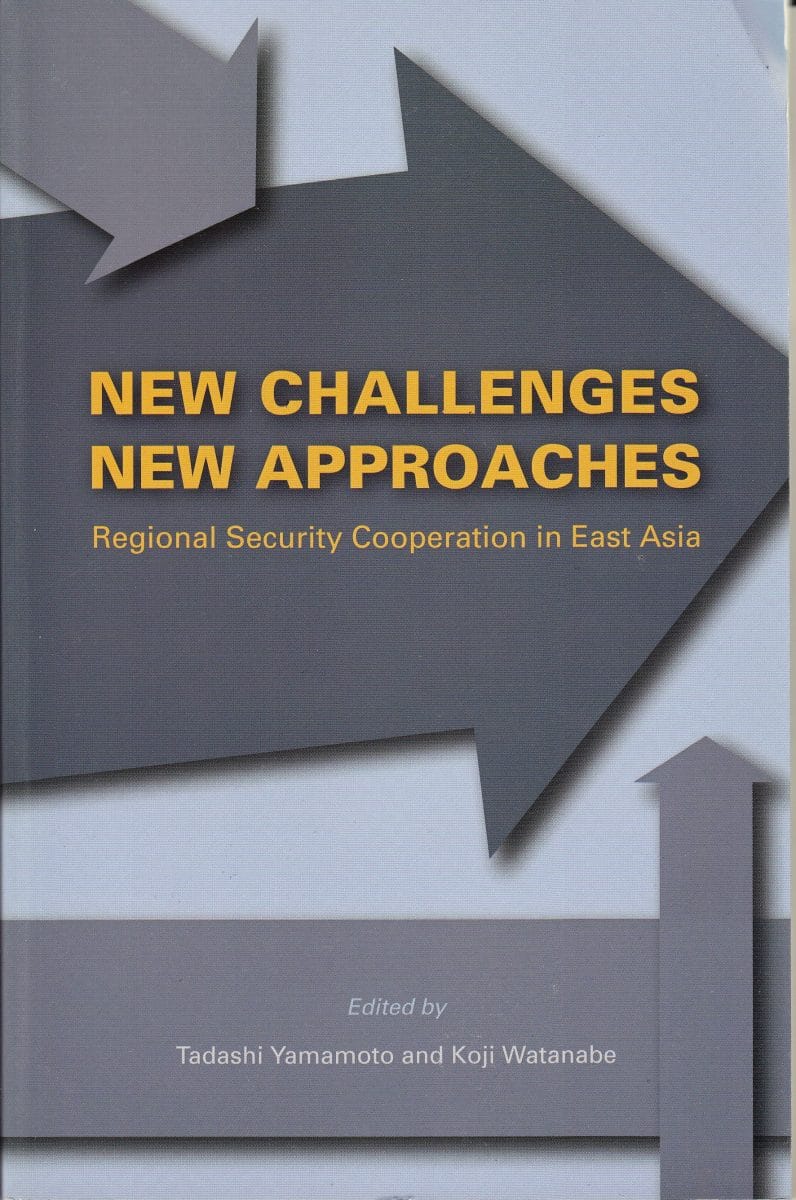Since the end of the Cold War, new, nontraditional security threats have risen in prominence. Challenges related to issues such as nuclear development, terrorism, peace-building, and piracy increasingly require regional cooperation due to their cross–border nature. While the countries in East Asia are embarking on the process of institutionalizing patterns of regional cooperation, more attention needs to be paid to creating institutions that are able to address these nontraditional security issues.
In this volume, which was the product of a project on Growing Asia-Pacific Regionalism and New Opportunities to Advance Non-traditional Security Cooperation, the authors explore new challenges related to nontraditional security threats, analyze the capacity of existing regional mechanisms to deal with them, and offer recommendations on the necessary steps to create a more secure region in today’s world. The study was part of the Asia Pacific Agenda Project (APAP).

